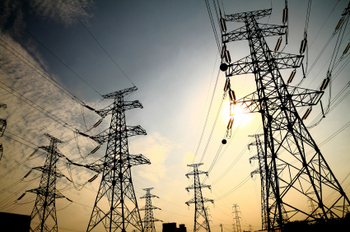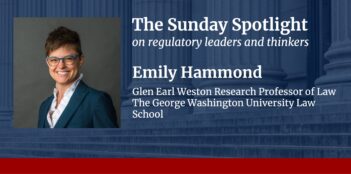
Proposed rule intended to enhance power grid’s ability to withstand solar storms.
At the same time that future of the nation’s energy supply was at the forefront of the recent presidential campaign, the Federal Energy Regulatory Commission (FERC) proposed a new rule to ensure that the nation’s existing energy infrastructure remains reliable. In a recent notice of proposed rulemaking, FERC announced its plans to improve the reliability of the nation’s grid in the face of Geomagnetic Disturbances (GMDs), better known as solar storms.
GMDs are infrequent events in the United States but the impact of these changes in space could be catastrophic to the power grid—potentially resulting in the grid’s “sudden collapse” and damaging transformers and other equipment.
The Hydro-Quebec blackout of 1989, which left more than six million people without power for nine hours and resulted in extensive damage to equipment, is an example of the widespread effect a GMD can have on a power grid. Even in the absence of a blackout, GMDs can impact electricity prices and affect the functioning of important technological tools such as global positioning systems.
The timing of FERC’s proposed regulatory change is significant because scientists predict an increased risk of changes in solar weather through 2013. At FERC’s April Technical Conference, experts predicted that the current solar activity cycle will reach its maximum in 2013, thereby increasing the potential for “large solar events” such as GMDs.
According to FERC’s proposed rule, the North American Electric Reliability Corporation (NERC) would need to modify current reliability standards in a two-stage process. First, power companies would be required to create new “operational procedures” intended to mitigate the potential impact of a GMD on the grid. Second, power companies would have to conduct “initial and ongoing assessments” to gauge the effectiveness of their new policies.
The proposed rule will remain open for comment until December 24, 2012.



